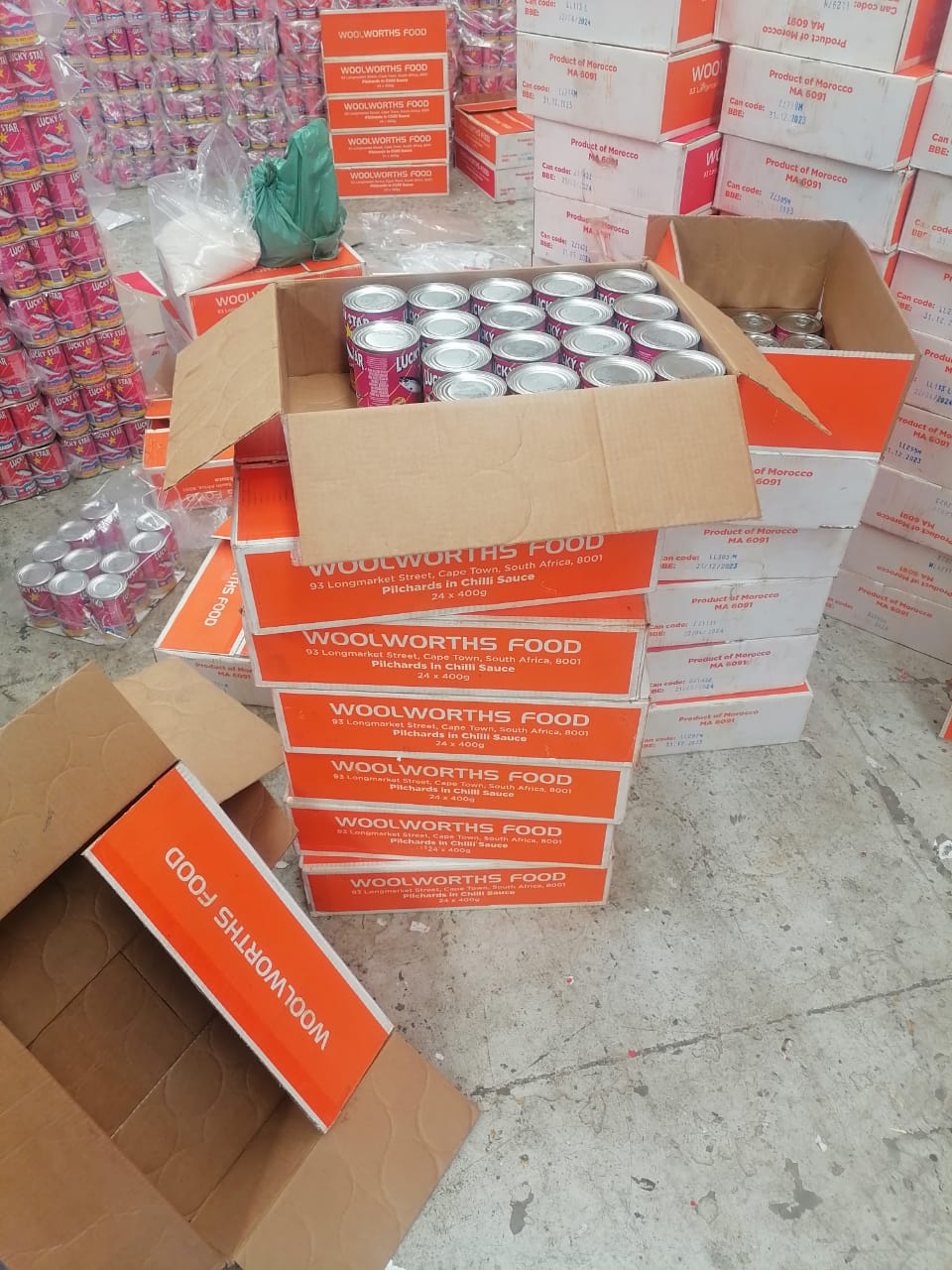Gauteng's ongoing battle against food safety violations has expanded beyond its initial focus on spaza shops, with authorities now targeting larger food outlets in a province-wide crackdown. The move follows a series of tragic food poisoning incidents, including 23 deaths and 441 reported cases across Gauteng, as highlighted by Premier Panyaza Lesufi on Sunday.
"We have got 441 cases that have been reported across the province. Some of the people either were discharged or just showed the symptoms of vomiting, stomach aches and related issues. So, we have got 441 cases that have been followed up by the Department of Health, and among them we have 23 that have passed on," Lesufi stated during a joint media briefing.
This intensified effort began with a food safety blitz in Moroka, Soweto, led by Gauteng’s Finance and Economic Development MEC, Lebogang Maile. The inspections, targeting both spaza shops and larger food outlets, aimed to ensure compliance with health standards and regulations. While Moroka's 166 spaza shops have not reported any food poisoning incidents, the inspections revealed concerning issues.
"Inspectors will do a follow-up on the store and ensure they’re compliant. You cannot close down a shop with 1000 products just because one or two of their products were bad. We remove the products, give them a warning and come back to see if they’re complying,” Maile explained to the media.
He further noted that in one larger food outlet, rat droppings were discovered, and several food items lacked expiry dates. "They don’t qualify for the closure, but they have weaknesses, and they promised to take care of them.”
The blitz also uncovered non-compliant products from new and local manufacturers, some lacking expiry dates. However, instead of closure, Maile announced government support to help these manufacturers achieve compliance. "However, Maile said instead of shutting down the local manufacturers, the government would assist them with resources to ensure they’re compliant."
The expansion of the crackdown to include larger food outlets reflects a shift in strategy. "We’re going for the big guys now. The focus has been on spaza shops only, but some of the bigger guys are also not compliant. It is selfish and greedy for business people to do business without care for the people they’re catering to. We have to make sure that things work in this country,” Maile emphasised.
SAPS provincial spokesperson Captain Tintswalo Sibeko detailed the operation: "The police also discovered printing equipment which was used to alter expiry dates on the cans of expired fish packaging. The altered tin fish were being placed in boxes marked 'Woolworths Food'."
Seven illegal Malawian immigrants, aged between 18 and 29, were arrested, while the operation's owner remains at large. Charges include contravention of the Foodstuffs, Cosmetics, and Disinfectants Act, possession of suspected stolen property, and immigration violations.
The crackdown also involves the ongoing registration of spaza shops, initially mandated by President Cyril Ramaphosa with a November 15th deadline. Following requests from spaza shop owners, this deadline has been extended to February 28th, 2025. The government is also launching a R500 million fund, through the Departments of Small Business Development and Trade, Industry and Competition, to support South African-owned shops. This initiative aims to assist local businesses in meeting compliance requirements and improving food safety standards.
The Gauteng government's multi-pronged approach—combining inspections, support for local manufacturers, and law enforcement action—demonstrates a commitment to addressing the province's food safety challenges comprehensively. The ongoing investigations and enforcement actions are crucial to ensuring the safety and well-being of Gauteng's residents. The extended deadline for spaza shop registration, coupled with the new fund, aims to facilitate compliance while supporting local businesses. The combined efforts of various government departments and law enforcement agencies underscore the seriousness with which the food safety crisis is being addressed.












